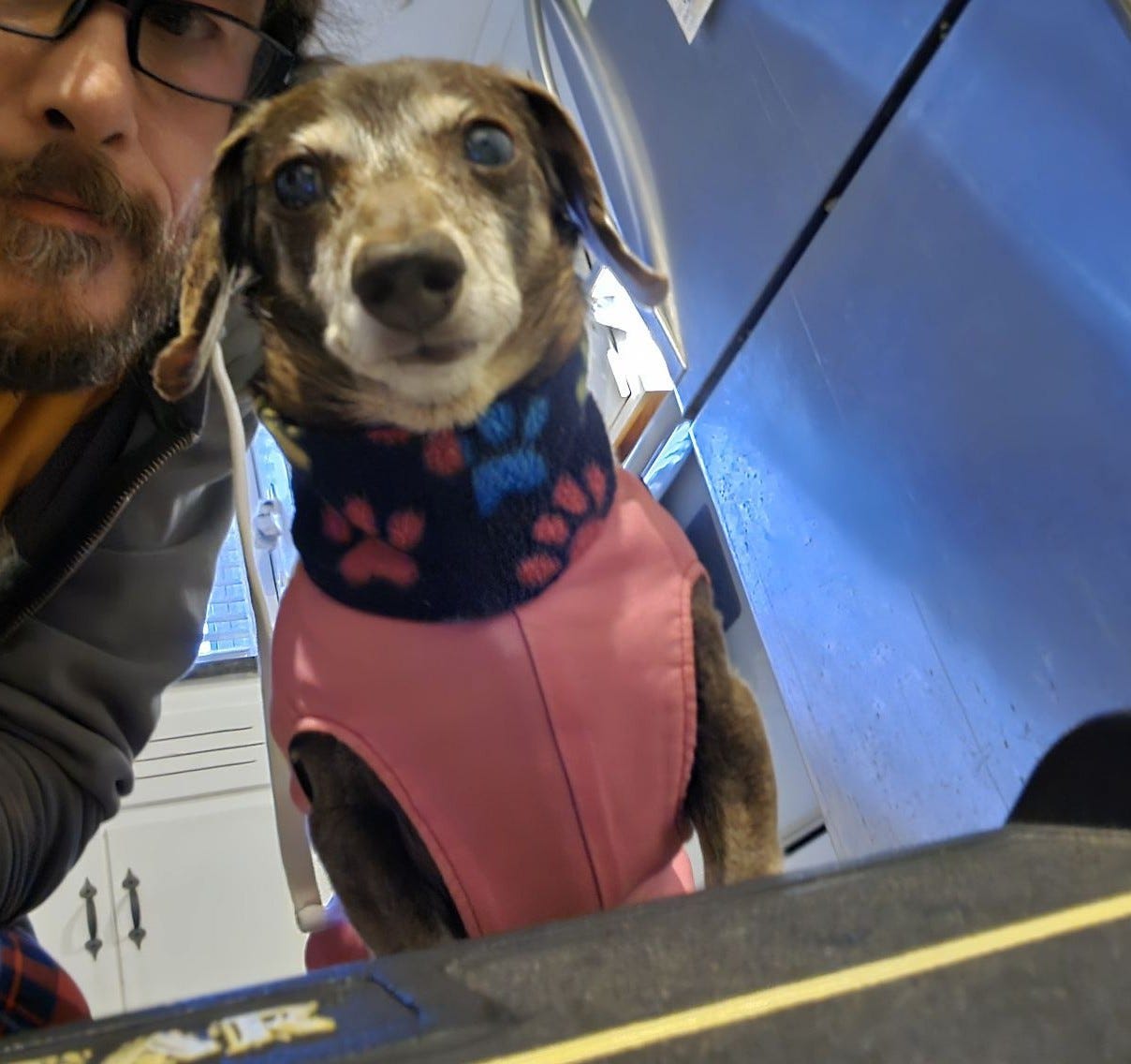No offense intended, but that is one ugly baby you’ve got there!
This cringe-sentence starts with the sort of opening you’ll hear commonly whenever there’s stinging criticism to immediately follow. Hollywood alone provides us with ample examples of this phenomenon, so let’s study films and TV a little today.
There’s a great scene in Unforgiven where English Bob, one of the many villains of the story, finds himself in a train car full of Americans who are angry at the assassination of President Garfield. Nationalism and xenophobia quickly take hold, and it seems like things might be getting dicey for Bob.
Bob is nonplussed, though, and makes a point of arrogantly showing how calm he is.
…I don't wish to give offense when I suggest that this country should select a, uh, king or even a queen instead of a president. One isn't that quick to shoot a king or a queen. The majesty of royalty, you see.
Bob is clearly playing with language here, and one of the passengers calls him out in a memorable scene, before realizing who English Bob is and how dangerous he is:
Well, maybe you don't wish to give offense, sir, but you are giving it pretty thick.
Thirsty (the fellow who is observant about language) has a point, doesn’t he? Saying “no offense” or “with all due respect” tries to soften that stinging blow of criticism to follow, but does it really help with that? It depends.
Sometimes, we’ll need to give Dink-Dink medication of some kind. One really good way to hide her pill so she’ll eat it is to hide it in a pill pocket, like a way to envelop the medication so that your dog will actually eat the thing inside.
These disclaimer prefaces, as many scholars and linguists call them, are like pill pockets for language. They can get you to hear the initial criticism, like taking the pill, but you’re still going to taste that pill in the end.
Not a fan of westerns? How about Talladega Nights? Ricky Bobby offers some feedback to his boss, and he explains that his disclaimer preface lets him say literally anything he wants:
For a movie with a lot of sight gags, there are some pretty decent meta jokes in this film. Later in the movie:
With all due respect, and remember I’m saying with all due respect, that idea ain't worth a velvet painting of a whale and a dolphin getting it on.
Now, I’m not sure about the scarcity of this type of art, but I am confident that this is a strong critique of the way we communicate with one another.
We often hide the difficult things to say from ourselves too, not just from the other person. We don’t want to say such hurtful things directly to people, or at least we don’t want them to think we’re the type of person who says hurtful things to them.
The pill pockets aren’t just for Dink-Dink, in other words. They’re for us, too, because we don’t like making her eat things that taste bad.
I hope you’ve enjoyed today’s piece! No offense, but if not, you should read more carefully next time.






So, Nonplussed actually means: "surprised and confused so much that they are unsure how to react." However, in N. America, it has begun taking an informal definition that means the exact opposite like you used it.
In Mary Poppins, Julie Andrews sings “A spoonful of sugar makes the medicine go down…”